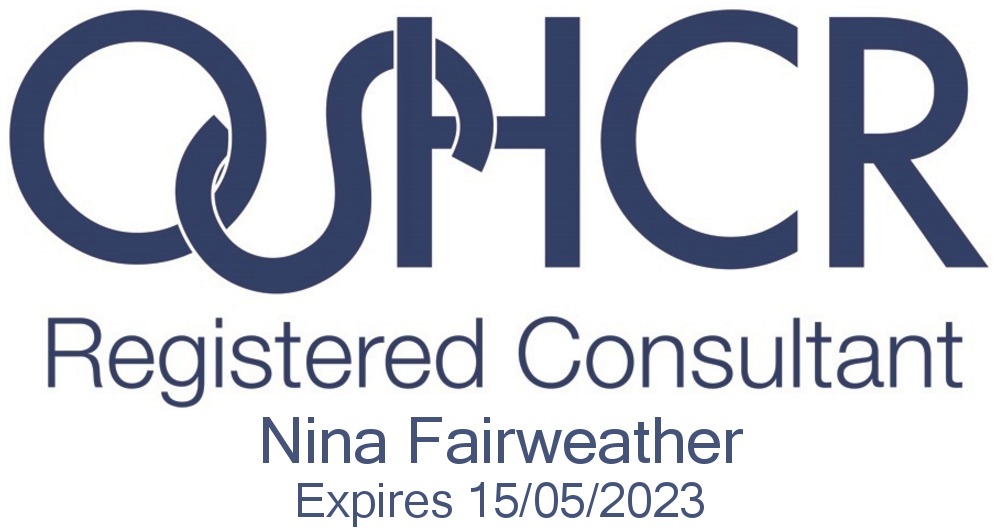Experienced in managing this risk through carrying out property inspections, setting up water safety management programmes, delivering training, dealing with positive results and infection control.
Teamed with PathCon, your company could not wish for more competent assessors to assist you in effectively managing this risk.
A typical risk assessment would include:
Teamed with PathCon, your company could not wish for more competent assessors to assist you in effectively managing this risk.
A typical risk assessment would include:
- A full site survey of the entire water system, including all hot and cold water outlets and the inspection of the cold-water storage tanks, hot water heaters and other at risk systems such as cooling towers, evaporator condensers.
- Testing of high risk systems with recommendations to remove or reduce each risk to produce a comprehensive breakdown of any risks identified within the system.
- Set up of a full asset register of all outlets in the water system, including water temperatures of each outlet.
- A review of the schematic drawing of the water system and pipe work layout.
- A review of the current monitoring procedures.
- REHIS Legionella Awareness training
- Offer ongoing support & guidance.
Working in association with PathCon Laboratories "offering state-of-the-art legionella solutions"
|
|
Where can Legionella grow and/or spread?
Legionella can grow in many parts of building water systems that are continually wet, and certain devices can then spread contaminated water droplets. Examples include: • Hot and cold water storage tanks • Water heaters • Water-hammer arrestors • Expansion tanks • Water filters • Electronic and manual faucets* • Aerators • Faucet flow restrictors • Showerheads* and hoses • Pipes, valves, and fittings • Centrally-installed misters*, atomizers*, air washers*, and humidifiers* • Non-steam aerosol-generating humidifiers* • Infrequently used equipment, including eyewash stations* • Ice machines* • Hot tubs* • Decorative fountains* • Cooling towers* *These devices can spread Legionella through aerosols or aspiration and should be suitably risk assessed. |



